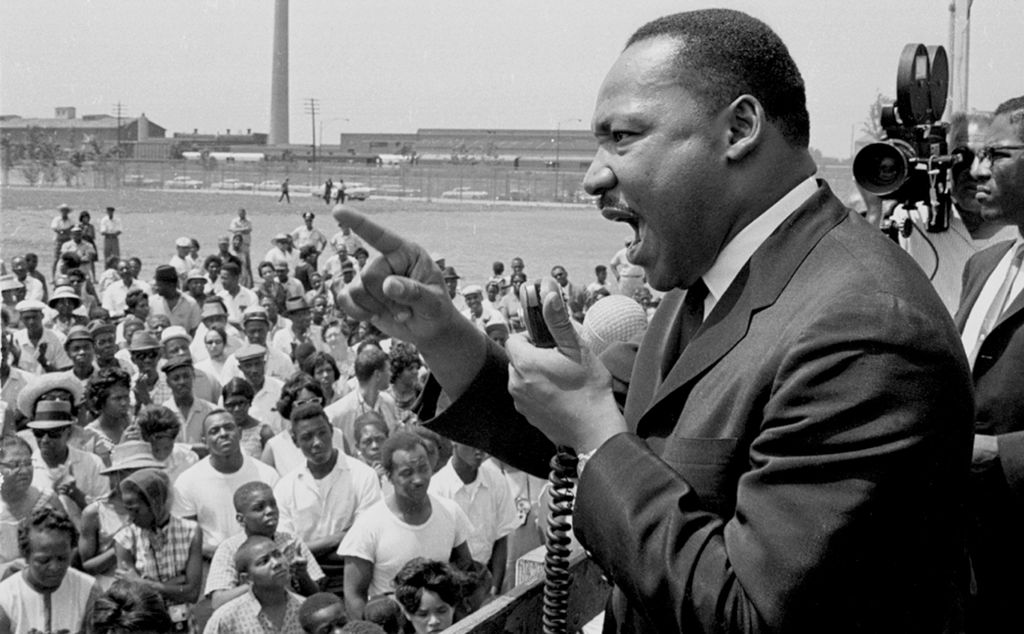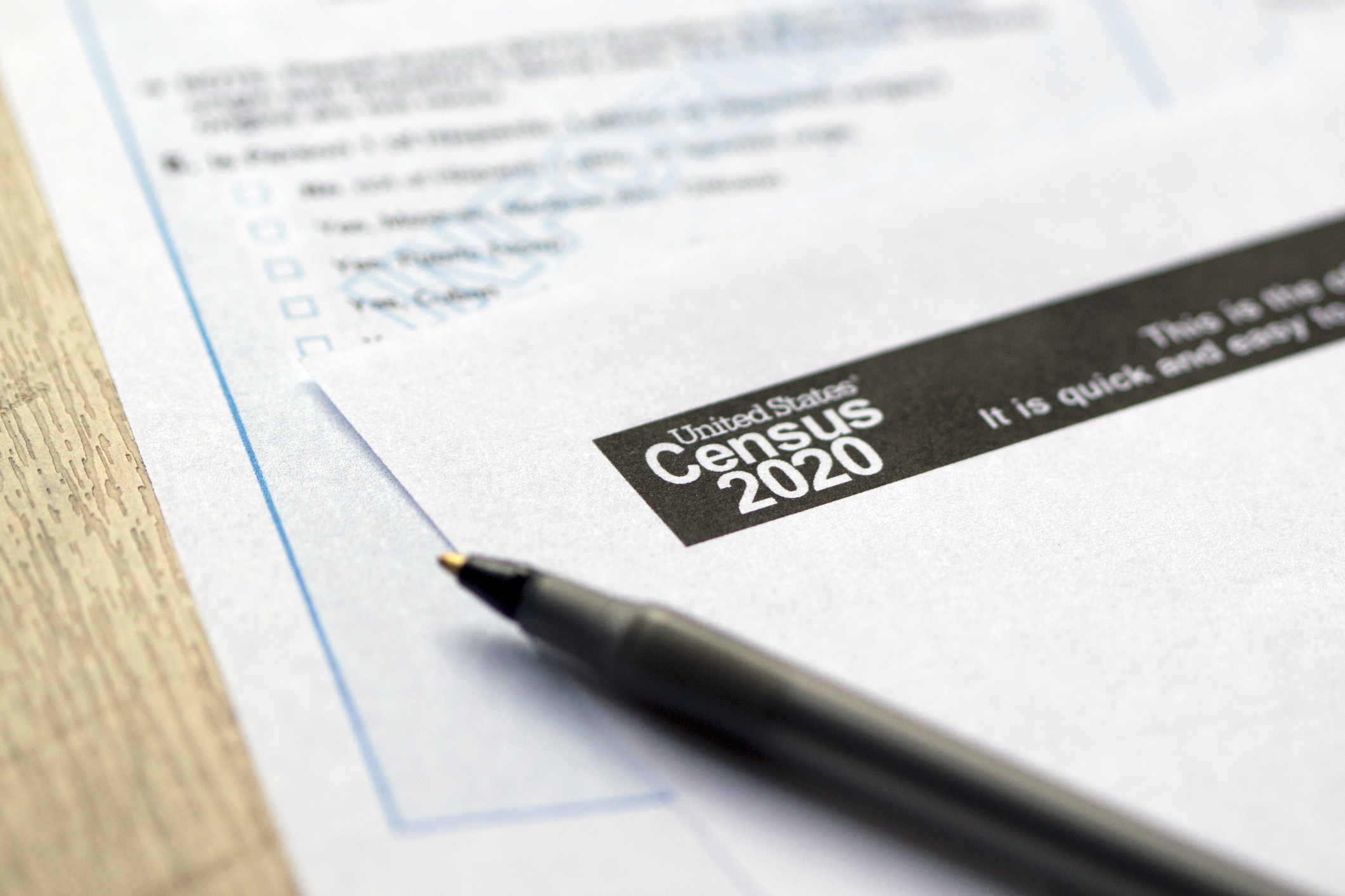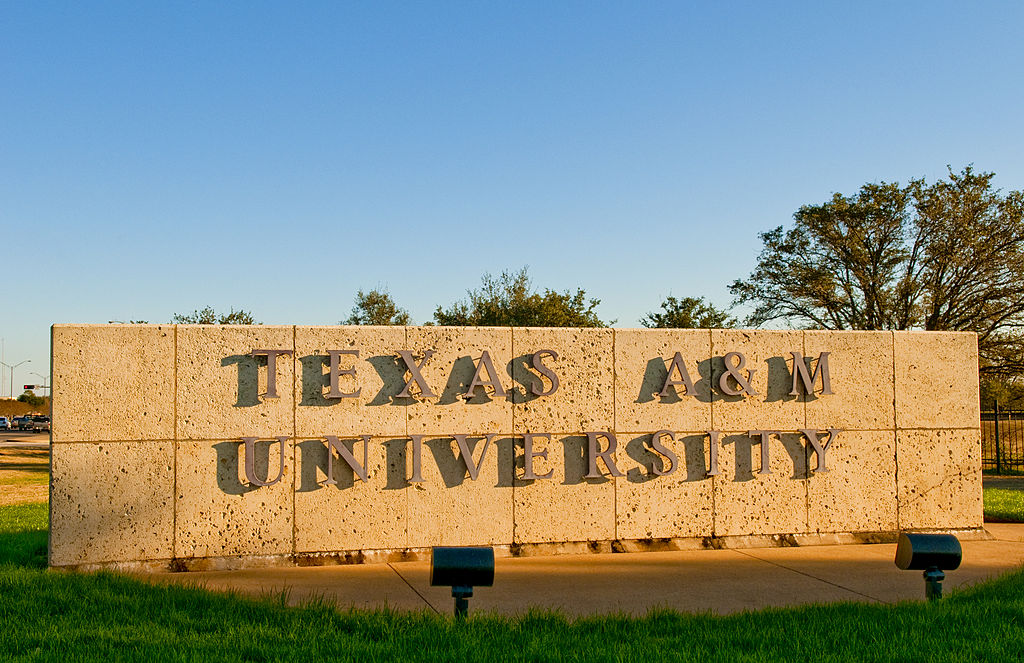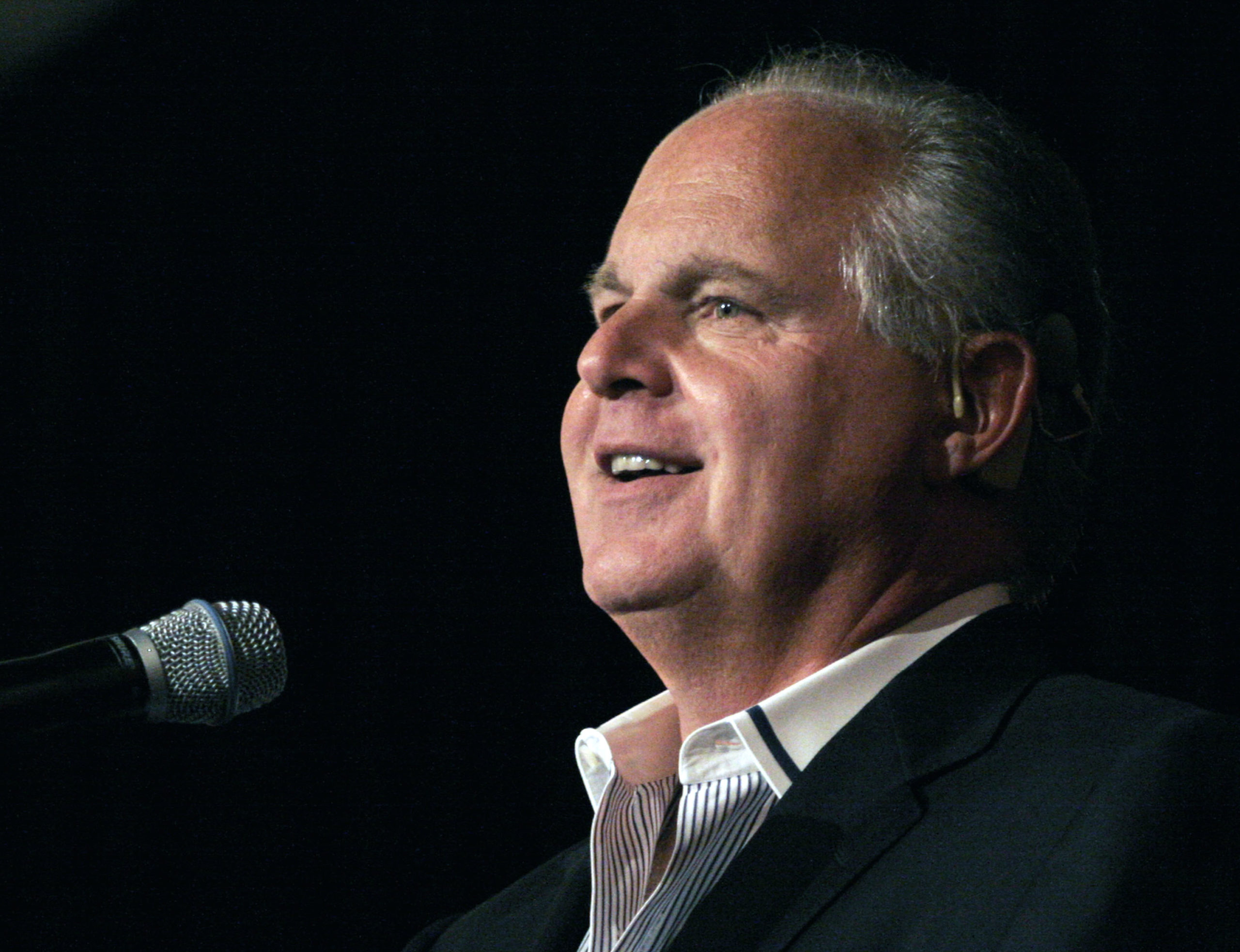The advance of the Revolution from King to Gay.
Plagiarism Pitfall
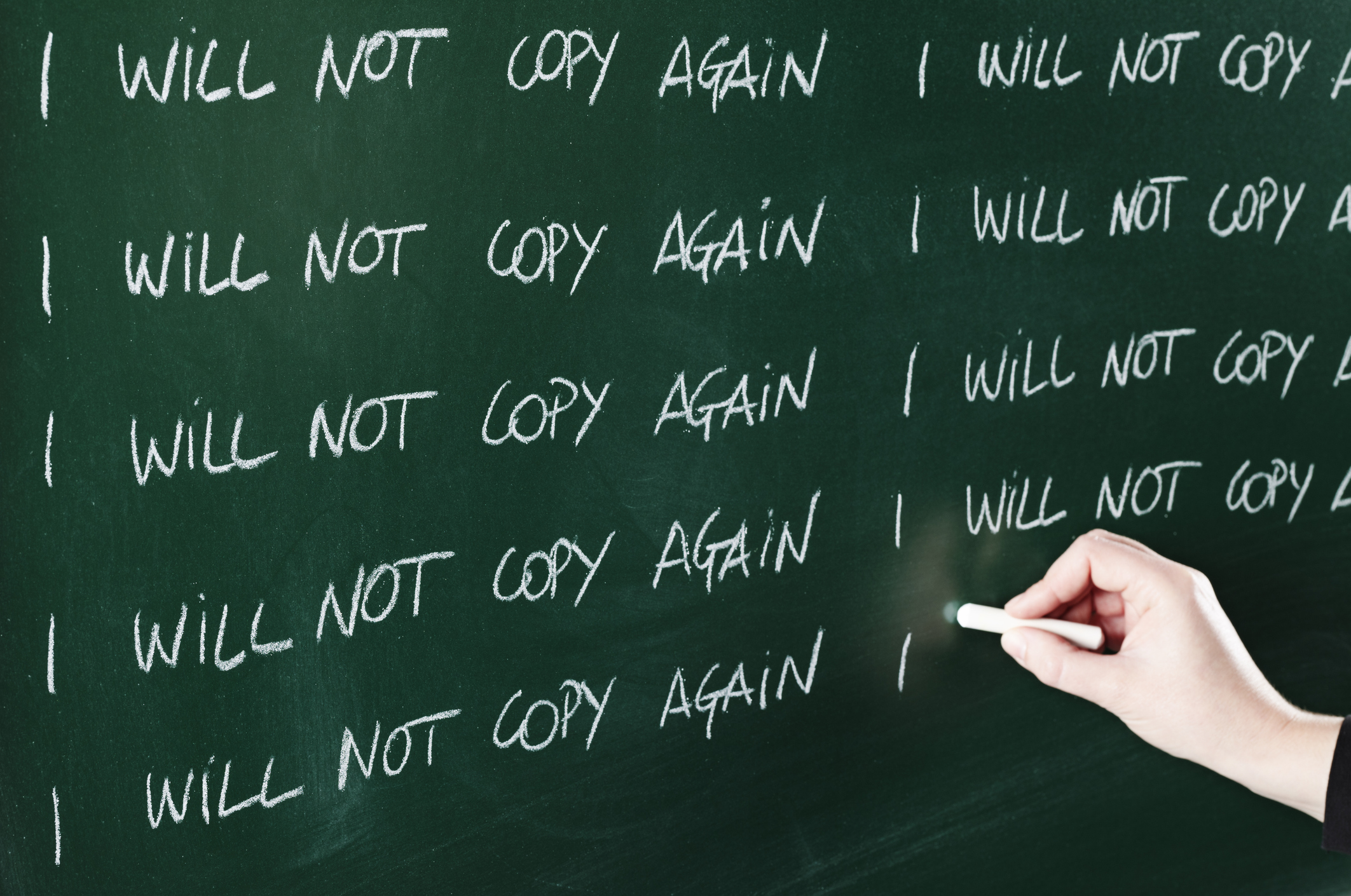
The collapse of academic standards is a function of racial preferences.
The academic community is charged with policing itself for plagiarism. But political considerations have contributed to a decay in scholarly standards and a general sense of laxity regarding this pernicious practice, most notably and recently at Harvard University, the exemplar of academic excellence.
In 1994, Paul Gross and Norman Levitt argued in Higher Superstition: The Academic Left and its Quarrels with Science that “the assumption that makes specific knowledge of science dispensable is that certain new-forged intellectual tools—feminist theory, postmodern philosophy, deconstruction, deep ecology—and, above all, the moral authority with which the academic left emphatically credits itself are in themselves sufficient to guarantee the validity of the critique.” Thirty years later this prediction has come a cropper.
Race provocateur Cornel West has finally gotten the wish he trumpeted in his 1993 book, that Race Matters. Twenty years later, Alicia Garza, Patrisse Cullors, and Opal Tometi came into national prominence with black lives mattering everywhere, especially in the academy. But when black scholars break long-held, sacrosanct rules about committing plagiarism it appears that the best their defenders can do is blame it on conservative comeuppance, in spite of the fact that scholarly publishing has long surpassed quality of teaching as the benchmark for academic promotion. This unfortunate trend has been documented copiously by Richard Arum and Josipa Roksa in their book, Academically Adrift: Limited Learning on College Campuses.
Without academic merit as a guiding principle, American universities have advanced racialism, turning a blind eye to plagiarism and other forms of academic dishonesty when committed by black scholars. Perhaps it is because black scholars are in such demand, forcing institutions of higher learning to surrender to the triple-headed god of Diversity, Equity, and Inclusion (DEI).
The implicit rationale is that the academic system contrasts the larger American social system which has allegedly been against people of color, and therefore, there is no need to carefully scrutinize their work (that would be racist) as long as it undergoes some process of peer review. Unfortunately, strict scrutiny would bring upon the investigator or his/her agency charges of racism and consequent censure. It has taken a gallant nonacademic, Christopher Rufo, to bring attention to DEI and this plagiarism trend at Harvard University and elsewhere.
The Touchstone of Academic Integrity
The American Association of University Professors (AAUP) is the gatekeeper of academic ethics. In its Statement of Plagiarism, it holds unequivocally that:
1) In his or her own work the professor must scrupulously acknowledge every intellectual debt—for ideas, methods, and expressions—by means appropriate to the form of communication. 2) Any discovery of suspected plagiarism should be brought at once to the attention of the affected parties and, as appropriate, to the profession at large through proper and effective channels—typically through reviews in or communications to relevant scholarly journals.
Unsurprisingly, mirroring its left-leaning membership, the AAUP then contradicts itself by announcing its unerring commitment to “fighting systemic racism and pursuing racial justice and equity in colleges and universities, in keeping with the Association’s mission to ensure higher education’s contribution to the common good. Black lives matter, and Black and indigenous people and other peoples of color—including faculty and students—have the right to thrive and not just survive.”
As a professor for 42 years, now with emeritus status, I can attest that the gravest of all academic sins is plagiarism—taking credit for others’ academic work. Its commission could lead to academic censure and ejection. It is professional suicide for any academic; that is until recently when race became the “get out of jail” card for perpetrators. This dereliction for plagiarism can best be characterized by an article on the AAUP website by Caprice Lawless titled “Black Women in an Unjust Academy.” It sets the stage for what appears to be the wholesale disregard of plagiarism for black academics.
The New Academic Double Standard
Over the past few weeks, evidence of more plagiarism has surfaced inside the hallowed halls of Harvard University.
Christopher Rufo, who led the charge against Florida state universities being contaminated with DEI nonsense, reported that Harvard’s DEI administrator, Shirley Greene, of Harvard Extension School, plagiarized more than 40 passages of her 2008 dissertation, Converging Frameworks: Examining the Impact of Diversity-Related College Experiences on Racial/Ethnic Identity Development. Harvard professor Christina Cross, who has been a rising star in the field of critical race studies…until her plagiarism was discovered, was also accused. Harvard University has become a hotbed of racialist plagiarism given these recent charges and President Claudine Gay’s resignation.
As the Harvard Crimson reported on March 22, 2024, “Christine J. Cross follows former Harvard president Claudine Gay; Sherri Ann Charleston, Harvard’s Chief Diversity and Inclusion Officer; and Shirley R. Greene, a Title IX coordinator at the Harvard Extension School, who have all faced plagiarism allegations just since December.” Sherri Ann Charleston alone was accused of 40 allegations of plagiarism in several of her academic papers.
Of course, the accusations against Gay mounted strong racialist defenses from the usual DEI suspects. The Reverend Al Sharpton claimed that her firing was “an attack on every Black woman in this country who’s put a crack in the glass ceiling.” By long-held academic standards until now, it would be Gay and her plagiaristic cronies at Harvard who cracked Harvard’s ethical ceiling. But the race card will continue to be played in the academe by America’s racialists.
Some journalists, an infrequently reputable crowd, have sided with Claudine Gay against the charge of plagiarism without weighing the damning evidence against her, calling it a right-wing conspiracy. Emma Green in a New Yorker article examines the racism angle in Gay’s firing, interviewing D. Stephen Voss, a graduate student with Gay at Harvard and currently a Professor of Political Science at the University of Kentucky. Green quotes Voss as saying, “The other paragraph is a nearly verbatim copying of three or four sentences that Voss and his co-author wrote, with a few words changed…. Do you think race plays into the claim that she was never qualified to be president of Harvard?” Green’s strawman question asserted the motive was about Gay’s “qualification” to be president, and Voss sidestepped the question, blaming the issue on right-wing interests trying to tear down a black scholar who rose to the top of the academy.
Above Critique
Obviously, Cornel West was correct: race does matter, especially in hiring and promotion in most of America’s colleges and universities.
Two Harvard Crimson reporters, Tilly Robinson and Neil Shah, described the circumstances of Gay’s stepping down at Harvard as “a growing right-wing attack against diversity, equity, and inclusion in higher education.” That seems to be the go-to response to plagiarism charges against black scholars. They interviewed Jonathan Bailey, a former journalist and now plagiarism “expert,” who offered a wholesale discount of Gay’s plagiarism, arguing that “he was concerned that the recent spate of allegations represent the ‘weaponization of plagiarism’ to score political points—not to deal with serious concerns of research misconduct.”
But this argument is specious, because plagiarism is plagiarism no matter what the political affiliation or race of the plagiarizer or the complainant and deserves condemnation and sanction. Liel Leibovitz characterized succinctly Harvard’s racialist DEI foundation: “…anyone who criticizes any member of a minority group is inherently racist, which means that any bit of criticism only serves to advocate for more, not less, DEI.” Using race to shelter academics from plagiarism is a perversion of long-held scholarly principles. The search for plagiarized academic work must continue, without fear or favor, and the academics guilty of word-theft should face serious consequences, regardless of their race or political leanings.
The American Mind presents a range of perspectives. Views are writers’ own and do not necessarily represent those of The Claremont Institute.
The American Mind is a publication of the Claremont Institute, a non-profit 501(c)(3) organization, dedicated to restoring the principles of the American Founding to their rightful, preeminent authority in our national life. Interested in supporting our work? Gifts to the Claremont Institute are tax-deductible.
The contradiction of our post-Jim Crow civil rights enforcement scheme.
Sane Texans must act to remove all traces of DEI in the state.
Tasteless jokes are the stuff of life.
Rush Limbaugh’s on-air antics help expose the racist hypocrisy of today’s ideologues.
The American Medical Association has fallen into Marxist lockstep with Critical Race Theory.

